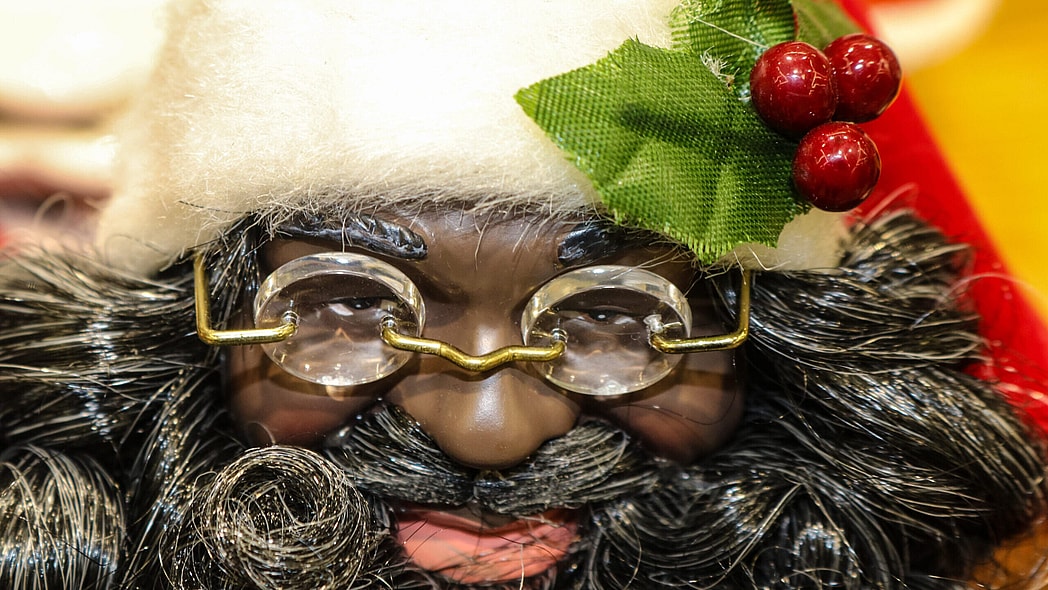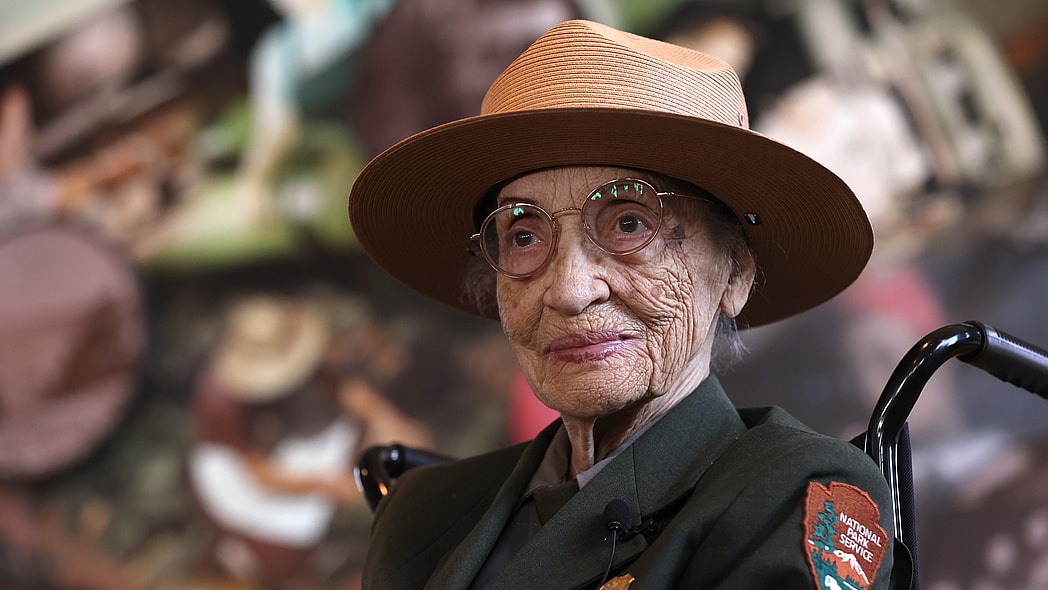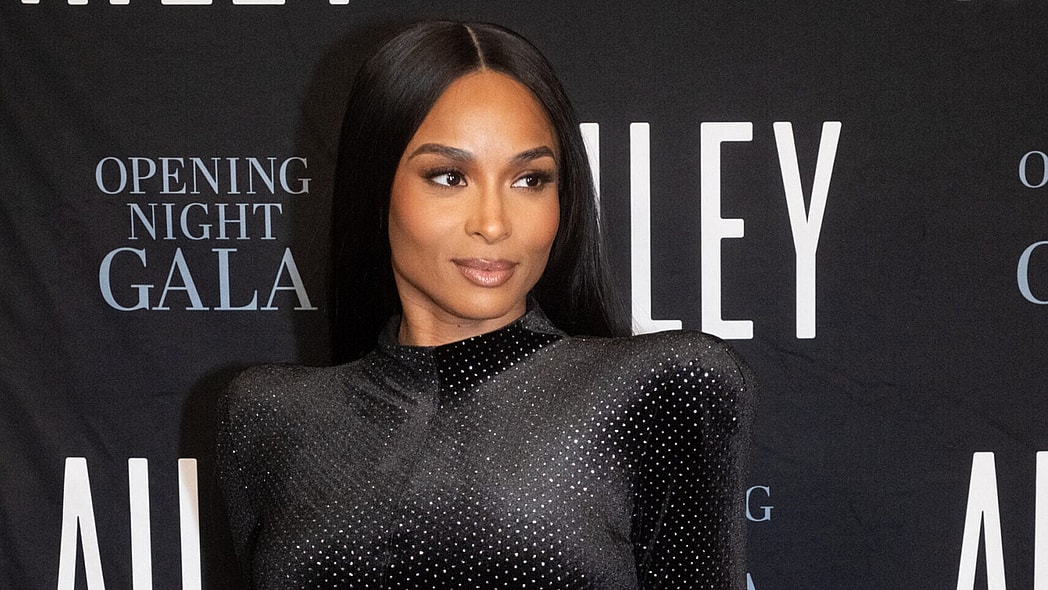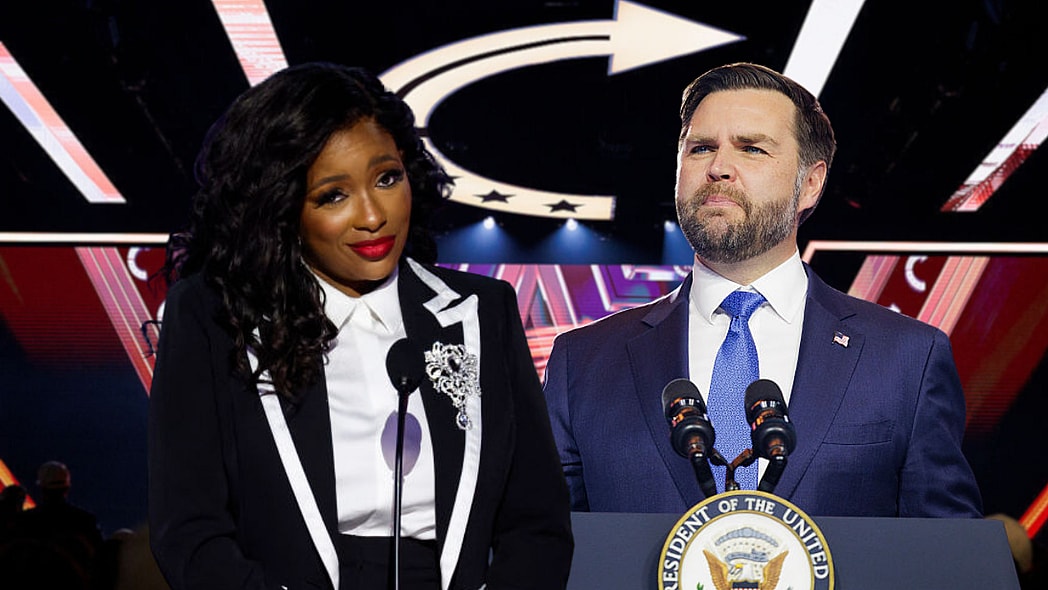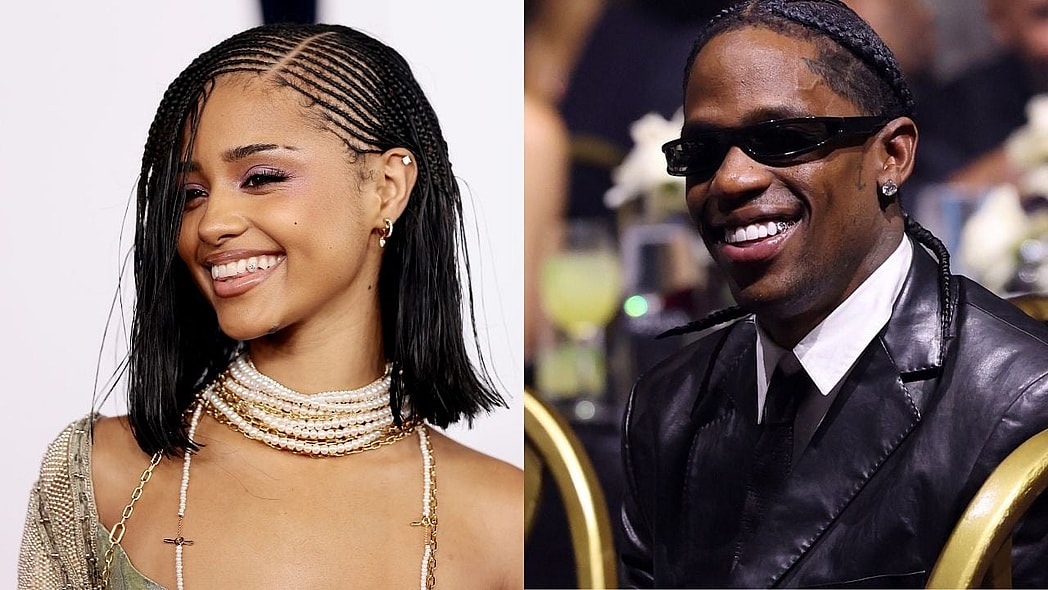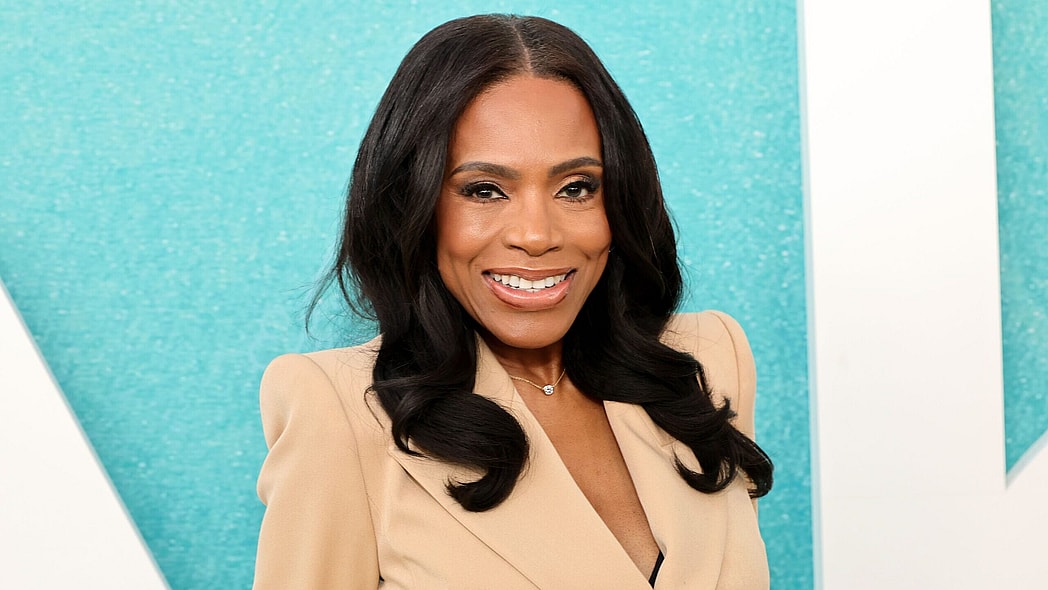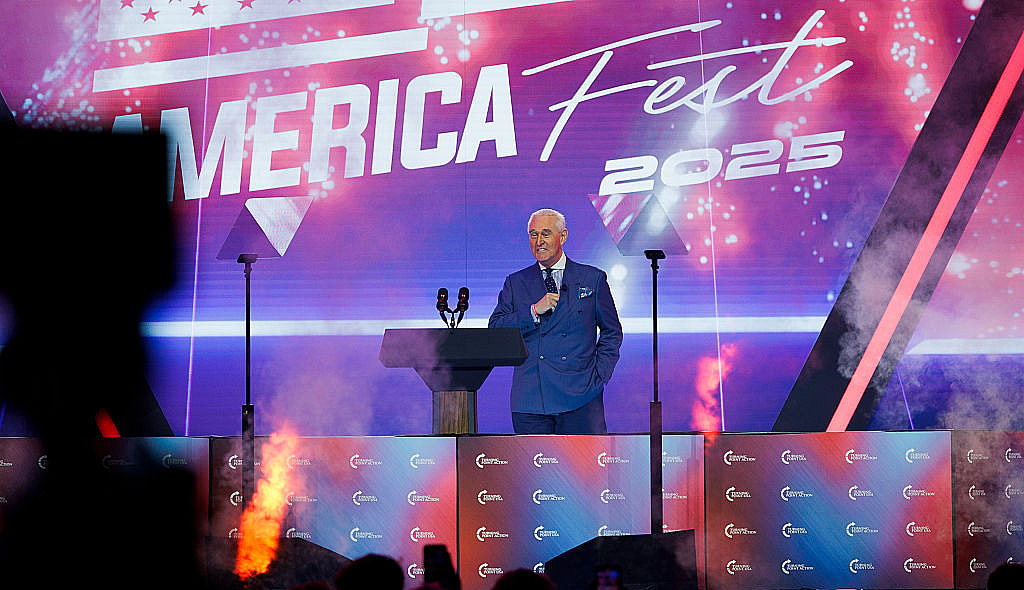Major Hollywood studios still fall short despite promises to add more women and people of color in the director’s chair, a new study shows.
Inclusion in the Director’s Chair: Analysis of Director Gender and Race/Ethnicity reports that only four women of color out of 116 involved with a top 100 highest-grossing movie in 2023 served as directors. Nia DaCosta, who directed “The Marvels,” is the only Black female director of the bunch, Variety reported. Three Asian-American women — Adele Lim (“Joy Ride”), Celine Song (“Past Lives”), and Fawn Veerasunthorn (“Wish”) — were the only other women of color on the list, Variety said.

Even more troubling, Variety reported that between 2007 and 2022, female directors of color were hired on only 21 movies or just 1.3% of all directing opportunities. This is even more striking when considering the average critical reception or Metacritic score, “Women of color worked the least but produced the highest quality films in comparison to their peers,” the study by the USC Annenberg Inclusion Initiative said.
Variety reported that eight Black directors helmed a top-100-grossing movie, behind Asians (14) but ahead of Hispanics (two) and those who identified as multiracial/multiethnic (two).
Variety also said that Hollywood made no progress in increasing the number of underrepresented directors, who were 20.7% of all directors in 2022 and 22.4% in 2023.
Recommended Stories
The USC study comes as some in Hollywood question the industry’s inclusion efforts. After George Floyd’s murder at the hands of Minneapolis police, Hollywood studios pledged support for social justice programs and started or expanded diversity and inclusion programs.
But as conservatives began criticizing DEI initiatives — and as groups have sued to stop them — some companies began to scale back their efforts. The Los Angeles Times reported that in a 10-day period last June, diversity executives at Netflix, Walt Disney Co., and the Academy of Motion Picture Arts and Sciences, all Black women, left their jobs by being forced out or resigning.
The USC study says Hollywood needs to move from “consideration to hiring” and when they do, hire them for more than one project.
“White male directors benefit from repeat opportunities more often than women and people of color,” the study says.
Never miss a beat: Get our daily stories straight to your inbox with theGrio’s newsletter.

